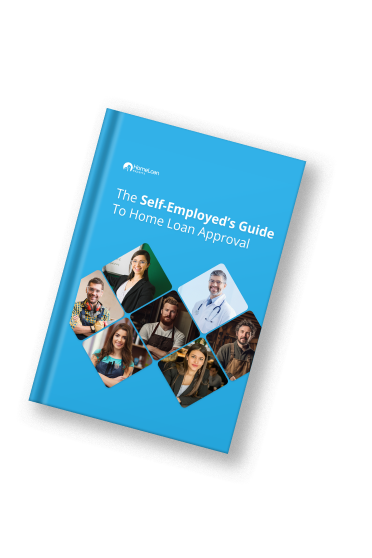For someone who is self employed, working out their take-home income can be confusing. This is because you might not have the general idea of what you should factor in and what you shouldn’t.
Our self employed income calculator can give you a general idea of what your income looks like once you add back and deduct certain things.
You can learn more about your income and the calculator below.
How will the banks assess your income?
As a self employed borrower, your income is somewhat open to interpretation. You may know what the current income of your business is and what your future income will be. However, the banks will always rely on historical figures to assess your income.
In most cases, this means using your last two years tax returns and then adding back things like depreciation. However, not every bank uses the same method to turn the figures in your tax returns into a figure for your income.
Some will average the income from the last two years, whereas others will use the most recent years income. They all have different methods of adding back, one off expenses, and any additional superannuation that you’ve paid. You can read more about how the banks will interpret your income on our self employed home loans page.
What if my income is higher?
Your most recent tax return may be several years old and, therefore, may no longer be a true reflection of the income of your business.
If your income has increased and you know you can afford to borrow more, why not consider proving your income with BAS or applying for a low doc loan.
How else can I prove my income?
There are various ways to prove your income if you don’t have financial statements and up to date tax returns.
Please refer to our alternative income verification for self employed borrowers page for more information.
Thinking of buying a home?
Learn how to buy a house and avoid costly mistakes in under 2 hours.
Learn MoreHow can this self employed income calculator help?
This self employed income calculator is based on the actual calculations used by four major lenders to work out your assessable income. It will give you a much better idea of how much the banks will actually lend to you.
8 Tips To Follow As A Self-Employed Borrower
Tips & Tricks From Our Experts To Increase Your Chances Of Approval

Do you need help with a home loan?
Most bank managers and credit managers have never been self employed, do not have a background in accounting and simply do not understand how to interpret financial statements.
However, our mortgage brokers are experts in lending to self employed borrowers, trusts, companies and professional investors!
We can quickly assess your income and work out if you are eligible for a mortgage. Please call us on 1300 889 743 or enquire online to speak to one of our mortgage brokers.
